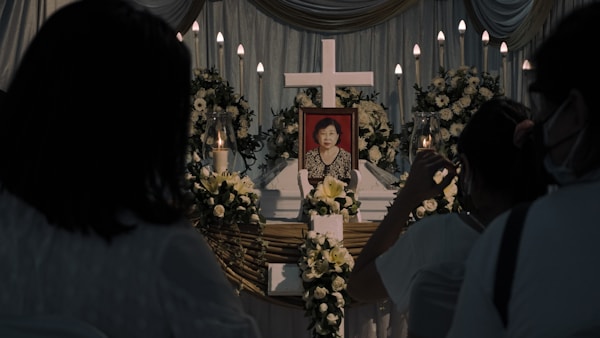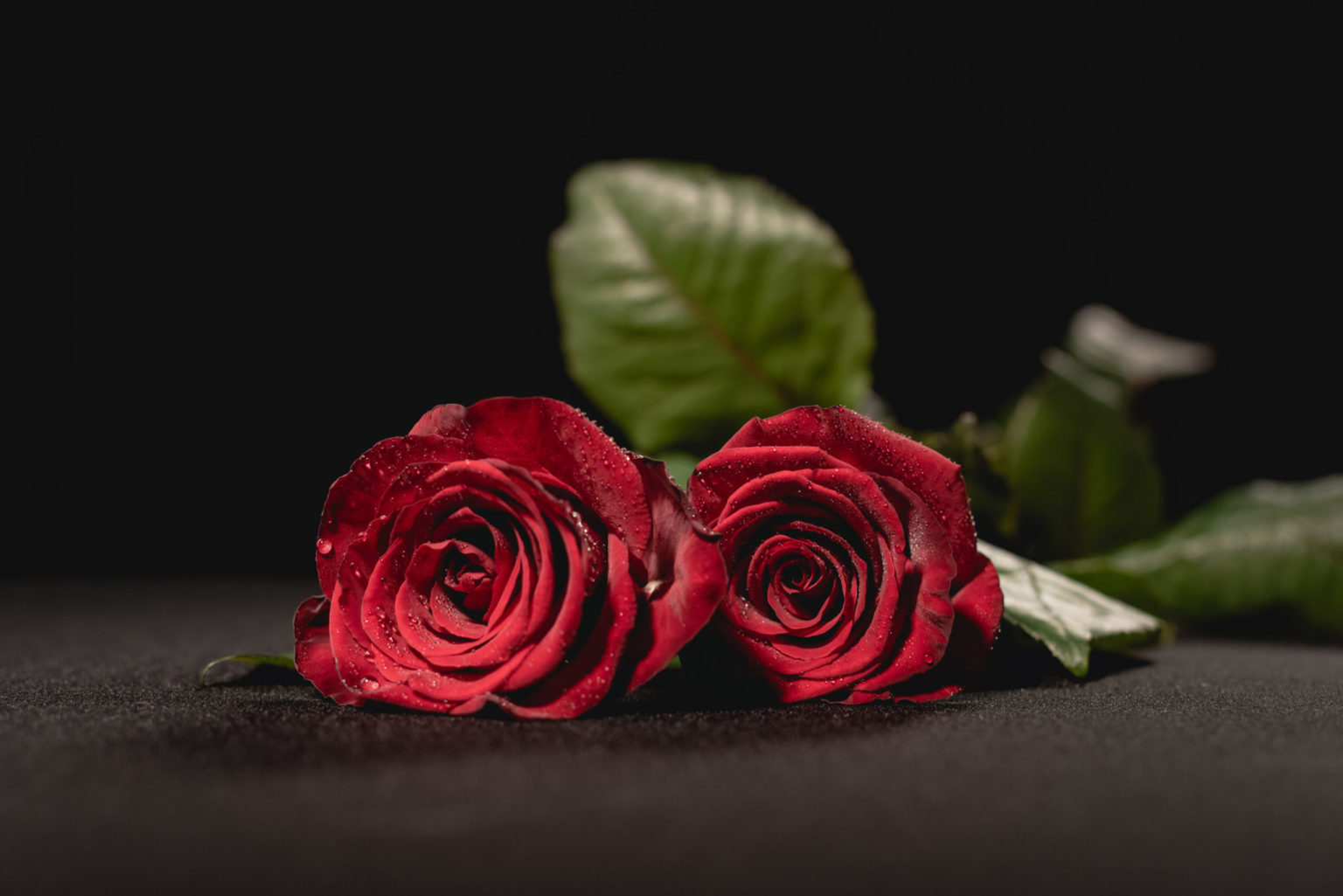Cremation and burial are both popular methods of disposing of a body after death, but which one is better? There are pros and cons to both cremation and burial. Cremation is usually cheaper than burial, and it doesn’t require a burial plot. However, some people believe that cremation is a disrespectful way to dispose of a body. Burial is more expensive than cremation, but it doesn’t have the same negative connotations. Burials also provide a way to visit the deceased’s grave and leave flowers or other mementos.
Cremation is the process of reducing a human body to bone fragments through the use of intense heat. The cremated remains are then placed in an urn and either buried or memorialized in some way. Funeral services for cremated remains can be held in a variety of places, including at a funeral home, cemetery, or place of worship. On the other hand, a traditional burial involves preserving the body and placing it in a coffin for the funeral and interment service.
So, which is better? Cremation or burial? The answer depends on your personal preferences and those of the deceased. You may do a search for “cremation services near me” to find professionals in your area who can answer any questions you might have. However, there are some things to consider. Keep reading to learn more about the pros and cons of each method.
Cremation vs. Burial: Cost

There are a few things to consider when deciding between cremation and burial. One of the major considerations for many families is cost. Cremation is almost always less expensive than burial. The average cost of a funeral with cremation is around $7,000, while the average cost of a funeral with burial is around $8,000.
There are a variety of reasons why cremation is less expensive than a traditional burial. For one, a traditional burial requires a casket, which can be expensive. Cremation, on the other hand, does not require a casket. In fact, the only thing that is required for cremation is a cremation urn, which is considerably less expensive than a casket. Another reason cremation is less expensive is because it does not require a burial plot. A traditional burial plot can be expensive, especially in metropolitan areas.
Cremation vs. Burial: Environmental Impact
When considering the environmental impacts of cremation and traditional burial, there are a few things to think about. A traditional burial takes up land and requires the use of concrete or metal vaults to prevent the ground from caving in and to protect the body. It also uses large amounts of wood for caskets. Many others object to the use of embalming fluids and other environmental toxins.
Cremation, on the other hand, uses energy to heat up the body until it turns to ashes. With cremation, emissions from the process include carbon dioxide and mercury. Cremation also takes up more energy than burial. So which is better for the environment? The answer depends on your perspective. From an ecological standpoint, cremation is better because it doesn’t require any land or resources like wood or metal. Burial, on the other hand, can damage ecosystems if bodies are not buried deep enough underground.
Cremation vs. Burial: Religious Considerations

Cremation is a topic with divided opinions among different religions. For example, the Catholic Church banned cremation until the 1960s but has since allowed it as long as the remains are buried. On the other hand, more fundamental Christian denominations still do not allow cremation. However, the Lutheran and Methodist Seventh Day Adventist churches do allow it. While cremation was traditionally forbidden in the Jewish faith, it is now accepted by some. The Muslim faith still forbids cremation, but some eastern religions such as Buddhism and Hinduism require it.
Some people believe that cremation is a more environmentally friendly option, while others believe that burial is a more traditional and respectful way to lay someone to rest. Ultimately, the decision of whether to cremate or bury a loved one is a personal one that should be based on what the individual would have wanted. No matter what you choose, it’s important to remember that the grieving process is personal and unique to each individual. Don’t feel pressured to do anything that doesn’t feel right for you and your family.







